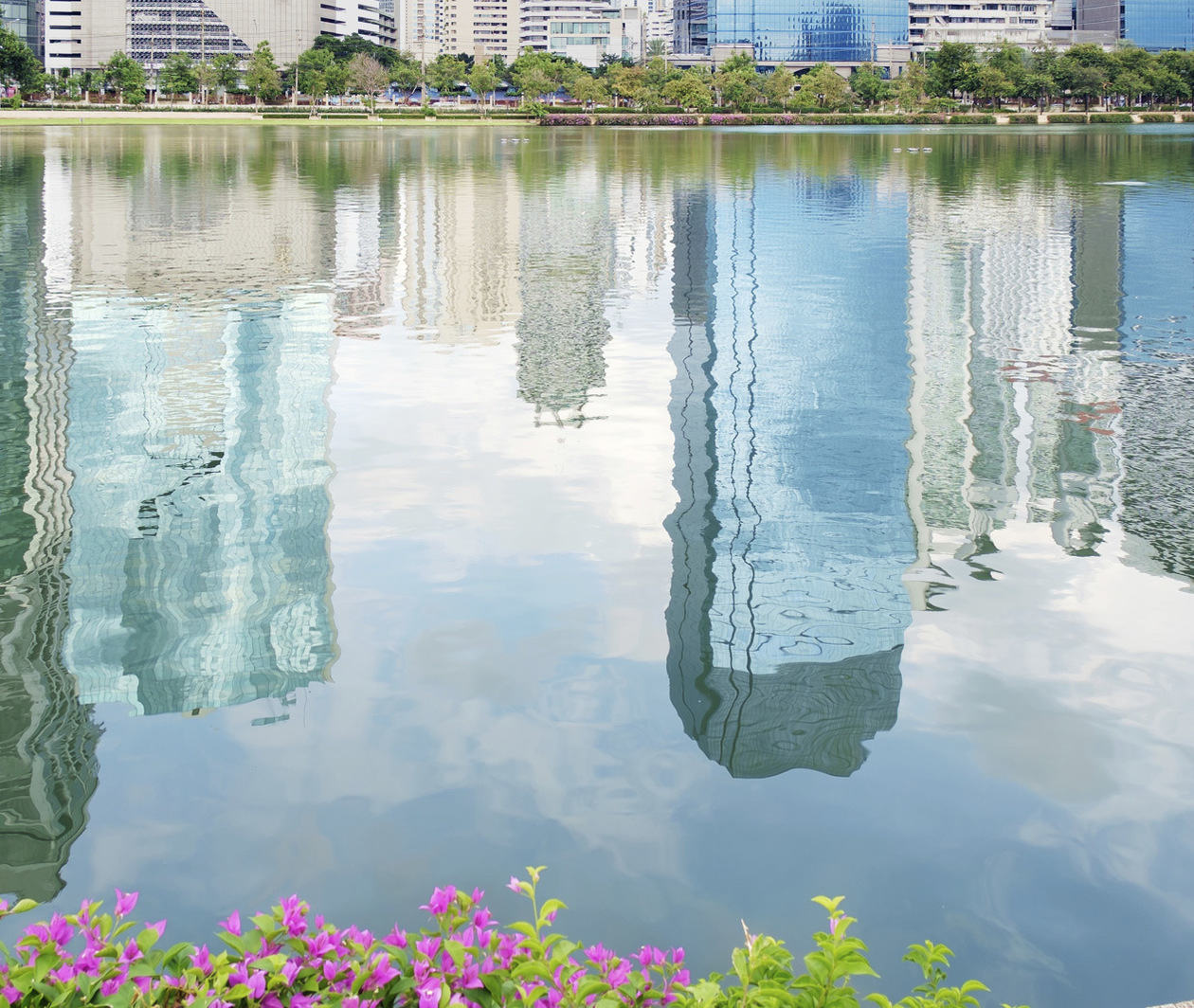Skip to 0 minutes and 13 seconds ROB SKINNER: 100 years ago, only two out of ten people lived in cities. Today, around half the people on Earth are living in urban areas. And by 2050, that proportion will be seven out of ten. Cities must be greener and provide for our recreational needs. They must be healthy places to live, even during heat waves. All urban areas need to be designed to cope with the increasing risks of flooding. And cities need to protect natural environments to preserve the ecosystem services that ultimately sustain our planet. This course explores the concept of water sensitive cities.
Skip to 0 minutes and 49 seconds How can we design cities with water in mind to ensure they are livable and resilient to population growth and to climate change shocks, such as prolonged drought, more frequent and intense flooding, extreme heat waves? The challenges associated with building a water sensitive city are complex, involving interrelated and often competing social, environmental, engineering, economic, and even political disciplines. This course is tailored for you even if you are new to the subject. It’s ideal for you if you’re interested in what makes cities sustainable.
Skip to 1 minute and 30 seconds Over the next seven week course, you’ll consider and discuss the latest solutions and concepts relating to integrated urban water management, river and stream management in urban settings, climate change adaptation, flood resilience, integrating urban design with water system management and finally, the regulatory, institutional and cultural settings needed to deliver water sensitive cities. This course is really about building cities that your grandchildren can enjoy. So if you want to know how to make your city water sensitive, join us on this course.

